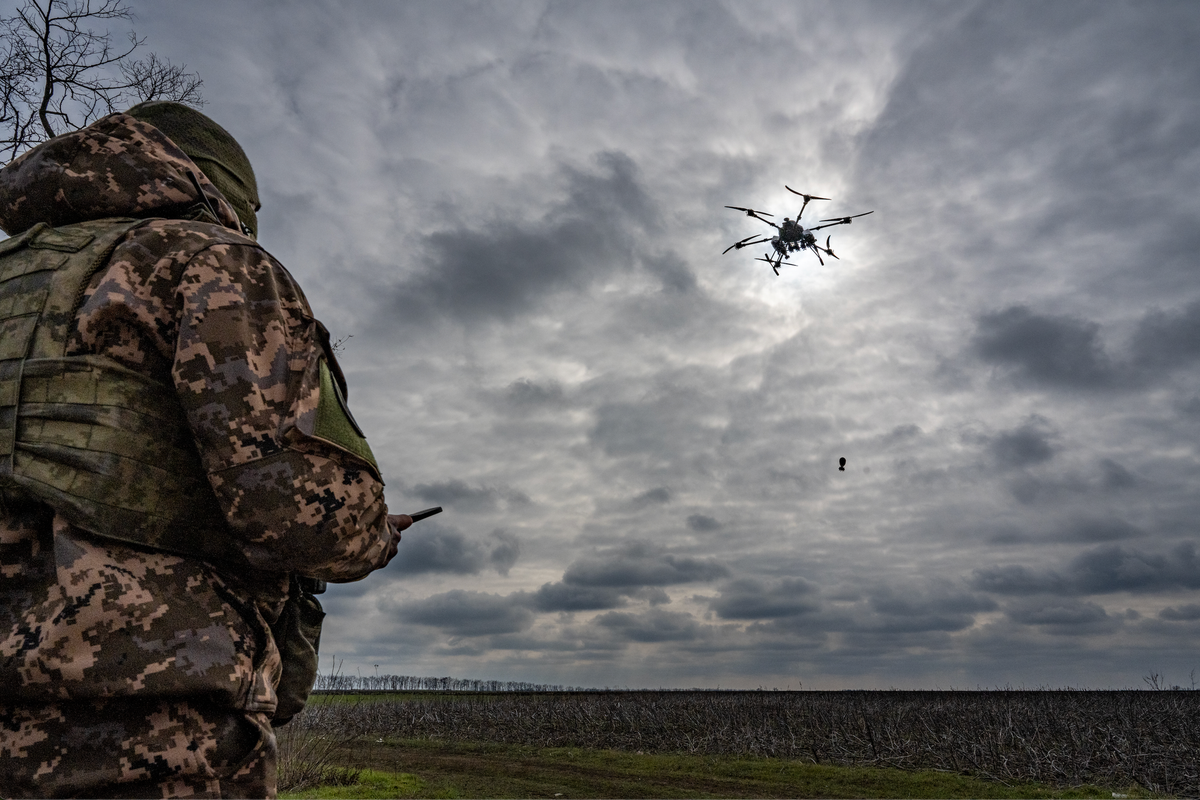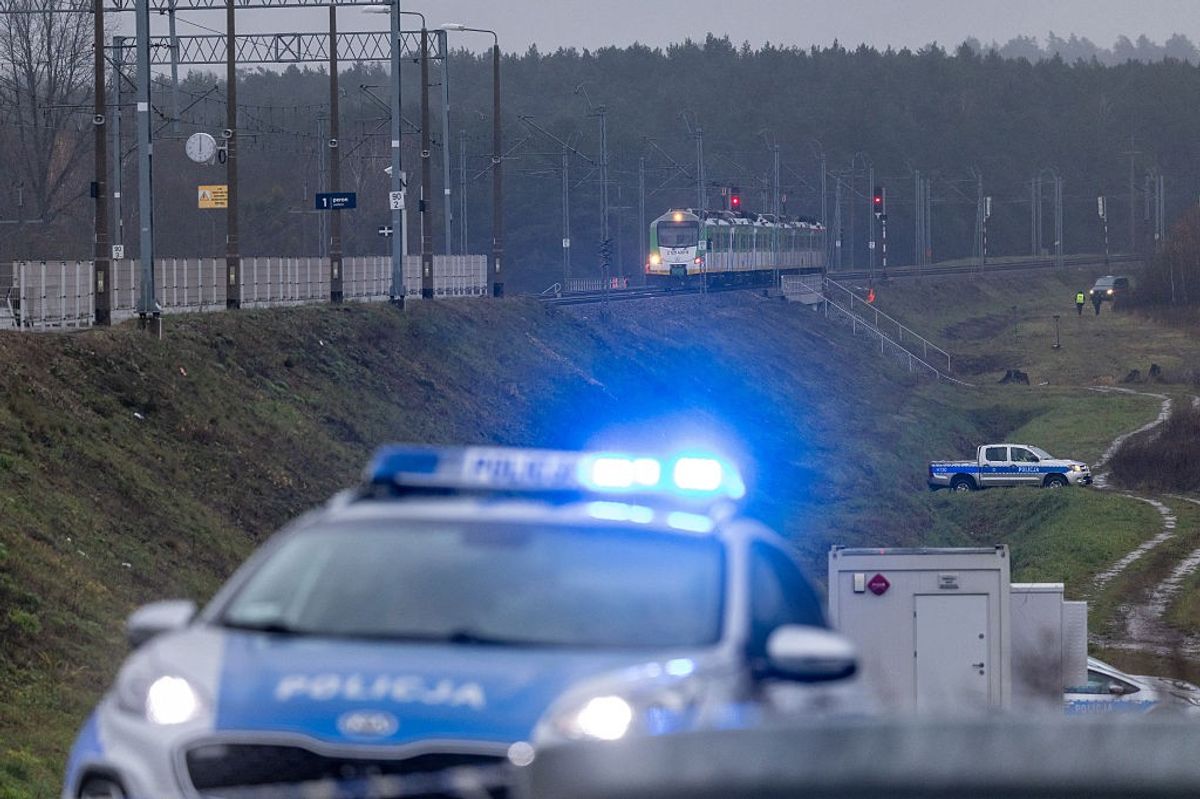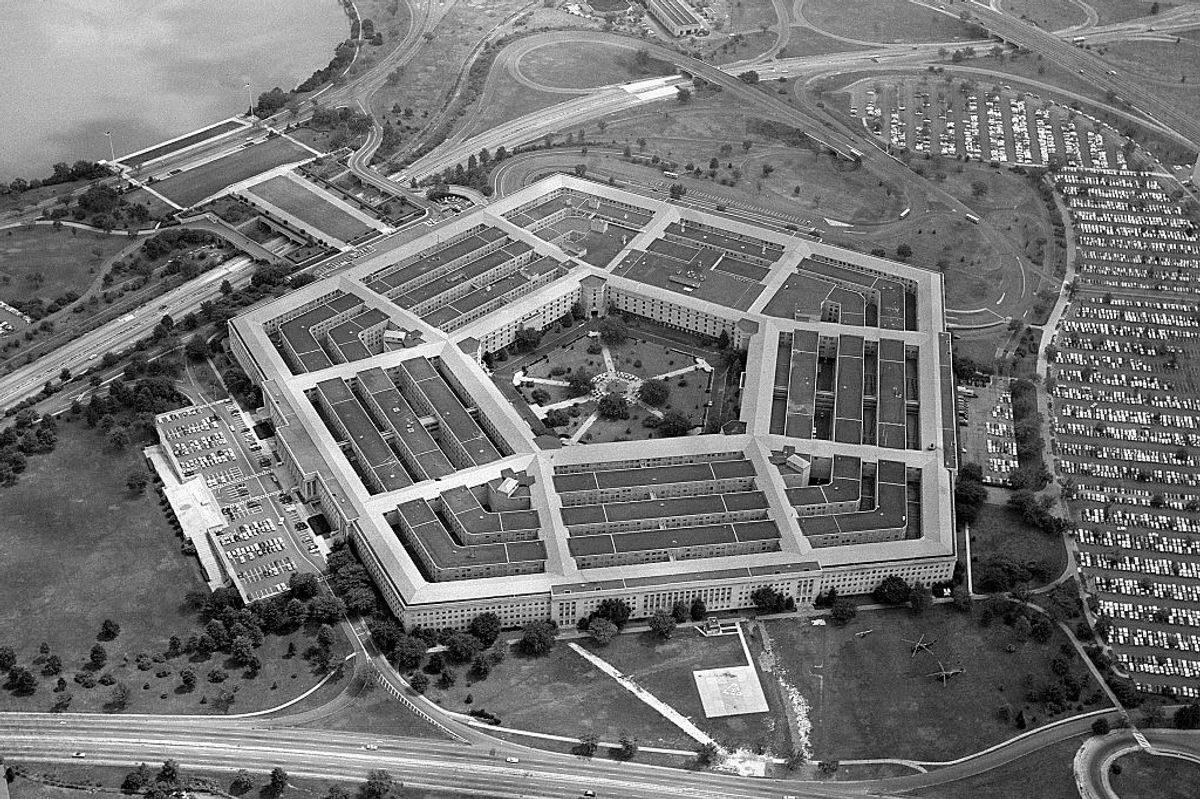Editor's Note: This story was published just hours before a series of arson attacks struck France's high-speed rail network.
SUBSCRIBER+ EXCLUSIVE REPORTING — As the 2024 Summer Olympics get under way, so does an unprecedented effort to keep the games safe.
Paris and other key sites in France are on high alert and under heavy surveillance. Newly-installed security cameras relay images for AI analysis. Snipers are assigned to positions along the route of the flotilla that will parade down the Seine River for the opening ceremonies. Tens of thousands of extra police and military personnel, from France and dozens of other countries, are patrolling the city’s streets and monuments. 100 divers will be looking for bombs, and 650 officers from anti-terrorist units are on duty, along with more than 700 firefighters trained in detecting chemical attacks.
It is the largest mobilization of military forces in Paris since World War II.
But when it comes to protecting some of the teams here, even all that is not enough.
The Israeli delegation has been assigned an additional security protocol. The French government has deployed elite forces to protect them “from the moment they arrive until the moment they depart,” an Interior Ministry spokesman told The Cipher Brief. Security personnel will be with the team around the clock.
That’s in addition to a significant security detail that accompanied the Israeli team to France. Hen Feder, a spokesman for the Israeli Embassy in France, told The Cipher Brief that Israel’s 88 athletes and full delegation of nearly 200 are being guarded by personnel from a mix of Israeli agencies, including intelligence agents from the Shin Bet security service.
Israeli Olympic teams have traveled with their own security ever since Palestinian militants attacked the team at the 1972 Munich Olympics, killing 11, but this year’s measures are of a different magnitude.
“Any event with an Israeli team requires [protection],” Feder said. “There is more security presence this year than in previous years.”
The 2024 Olympic threat assessment
The security is more intense for these games because of a heightened global threat, and because of how Paris has chosen to showcase the games.
A resurgent Islamic State has threatened repeatedly to strike Europe – issuing a range of warnings and an eerie “Who will be next?” threat after its deadly attack on a Moscow concert hall in March. Meanwhile, officials in the U.S. and Europe have warned that Israel’s war in Gaza has inspired jihadists to strike wherever possible against Israel and its supporters. French police have also investigated a series of recent threats and suspected terrorist plots linked to Russia.
The threats coincide with the Paris Games organizers’ wish to present an unusually open face to the world; the opening ceremonies will feature a nearly four-mile procession along the Seine, with athletes entering Paris on boats and hundreds of thousands of spectators watching from special viewing stands. And while French President Emmanuel Macron has said the Paris Olympics will present a “moment of beauty, art, celebration of sports and our values,” French security officials have acknowledged that the combination of that “moment” and the current threats presents a huge challenge.
"It is really a level of mobilization that has never taken place in France,” Bertrand Cavallier, a consultant and a former commander at France’s national military police training school, told The Cipher Brief, “We are on operations that are of a completely different nature, of a completely different dimension.”
U.S. athletes at a Paris “Fort Knox”
Israeli officials have been consulting with their French counterparts for months, Feder said, and they feel confident about the measures taken. “We’ve been assured that everything has been prepared,” Feder said. “They don’t mess around,” he said of French security services. “They are really taking things very seriously.”
Feder attended a soccer game between Israel and Mali at the Parc de Princes stadium in Paris Thursday, and he described the security as robust. Each attendee was required to go through two full security checkpoints – a more intense level of scrutiny than most airline passengers are used to. When a small group tried to stage a “Free Palestine” protest in the stands, they were quickly escorted out of the stadium.
Other athletes are getting special security attention. The U.S. delegation, which includes nearly 600 athletes, has also been given augmented security, though France’s Interior Ministry declined to discuss specific measures. Security is so tight at the American training camp in the northern Paris suburb of Eaubonne that local residents have dubbed it “Fort Knox,” according to French press reports. Inside the camp, protection is provided by a mix of private security and government personnel. Local and national police are responsible for keeping things safe outside the facility.
Other teams with beefed-up security measures include those from Iran and Ukraine. Russia and Belarus are getting less attention, given that Olympic sanctions have limited their participation to 15 athletes from Russia and 18 from Belarus, all of whom are slated to compete as “individual neutral athletes’.”
The Interior Ministry declined to provide a full list of teams receiving extra protection.
“I work every day to ensure that this opening ceremony is a moment of French pride,” French Interior Minister Gerald Darmanin said in an interview with Le Parisien. “Terrorism can affect anyone, at any time. And ironically, as long as they are highly secure, major events are undoubtedly among the safest places.”
Guaranteeing the safety of the teams is only one part of the equation, Israel’s Feder pointed out. “We are trying to create a balance,” he said. “We want to allow the athletes to compete as seamlessly as possible, while keeping the security level sufficient.”
In other words, if the security is too heavy-handed, the athletes may be stressed or distracted. “This is the key: to keep security mechanisms in place while allowing the athletes to compete and not think about the security measures,” Feder said. “This is not something that is easy to balance.”
One thing lost in the experience for most of the athletes: any sort of freewheeling adventures in the host city. But in these extraordinary games, in this extraordinary moment, that’s lost for most Olympic spectators as well: Paris is a city under Olympic lockdown.
Who’s Reading this? More than 500K of the most influential national security experts in the world. Need full access to what the Experts are reading?
Read more expert-driven national security insights, perspective and analysis in The Cipher Brief because National Security is Everyone’s Business.














